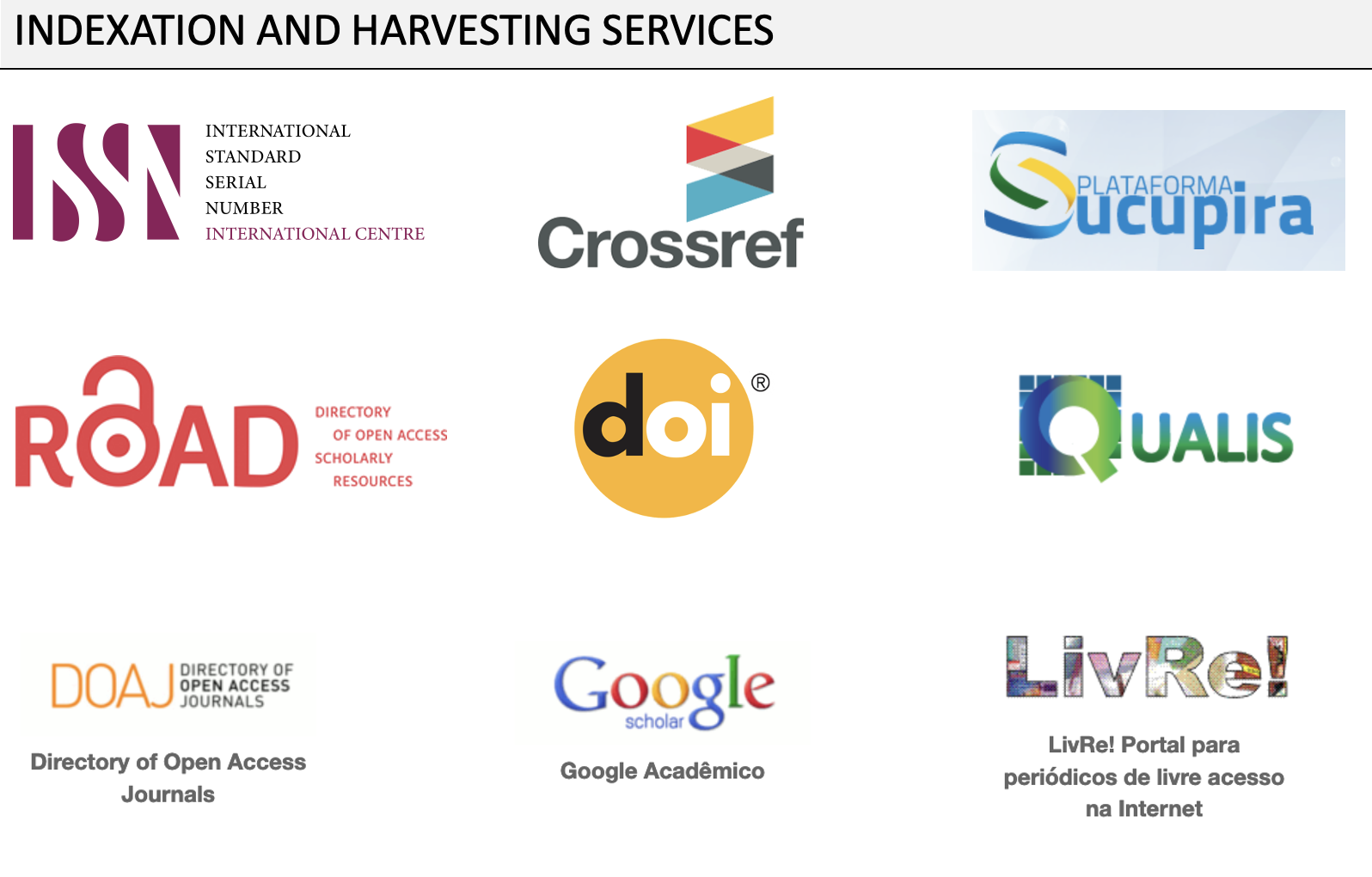Responsive Research and Scientific Autonomy
DOI:
https://doi.org/10.5380/nocsi.v0i6.95877Keywords:
open science, Robert K. Merton, Covid 19, research values, scientific integrity, research assessmentAbstract
Von Schomberg’s call to place mutual responsiveness – which I understand as the ability of researchers and the research system as a whole to foster meaningful exchanges and learn from novel experiences, no matter where those originate – at the core of Open Science and related efforts to reform the scientific landscape is both timely and significant. Widespread sharing is not enough to guarantee responsible and inclusive research, nor are vague appeals to improve research culture, whatever it is that such culture may turn out to include (Leonelli, 2023). Rather, emphasis needs to be placed on the conditions under which sharing materials, methods and insights – and debating the goals and directions towards which these may be put to use – may improve research exchange, communication and scrutiny, resulting in scientific outputs that are both reliable and socially responsive. Hence von Schomberg’s focus on the interplay between institutional and behavioural features of science and his plea for a reform in governance structures, such as initiated by COARA, are very well-taken. He is, however, too quick to dismiss the importance of some degree of autonomy for those involved in creating knowledge. To show why this matters, I here briefly discuss two of von Schomberg’s additional claims: (1) his focus on ‘knowledge actors’ as the protagonists of research efforts; and (2) his critique of the effectiveness of self-governance efforts by researchers.
References
Leonelli, S. (2023). Philosophy of Open Science. Elements Series, Cambridge University Press.
Longino, H. (2002). The Fate of Knowledge. Princeton University Press.
Sheehan, N., Leonelli, S., & Botta, F. (2024). Unrestricted versus Regulated Open Data Governance: A Bibliometric Comparison of SARS-COV-2 Nucleotide Sequence Databases. Data Science Journal, 19, 1-30. https://doi.org/10.5334/dsj 2024-024
Downloads
Published
How to Cite
Issue
Section
License
NOvation is an open-access journal under a Creative Commons – CC Attribution-NonCommercial-ShareAlike 4.0 license, which allows others to share the work with an acknowledgement (and preservation) of the author's authorship and intellectual property rights.
To this extent, the authors who publish in this journal agree with the following terms:
1. Authors retain the rights and grant the journal the right of first publication, with the work published under the Creative Commons – CC Attribution-NonCommercial-ShareAlike 4.0 that allows [...].
2. Authors have authorization for distribution, of the version of the work published in this journal, in an institutional repository, thematic, databases and in other works as a book chapter, with acknowledgement of authorship and initial publication in the journal;
3. Papers published in this journal will be indexed in databases, repositories, portals, directories and other sources in which the journal is and will be indexed.
Ethical Responsibilities of Authors
This journal is committed to upholding the integrity of the scientific record.
Consent to submit has been received explicitly from all co-authors, as well as from the responsible authorities – tacitly or explicitly – at the institute/organization where the work has been carried out, before the work is submitted.





